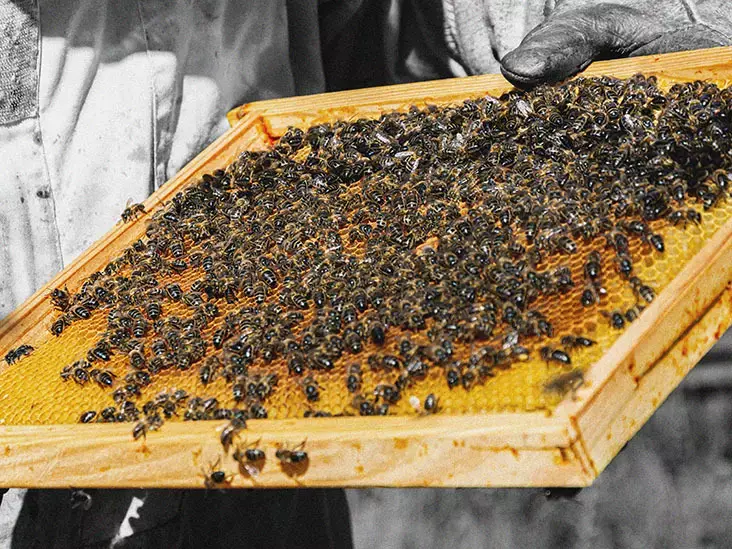- Home
- Medical news & Guidelines
- Anesthesiology
- Cardiology and CTVS
- Critical Care
- Dentistry
- Dermatology
- Diabetes and Endocrinology
- ENT
- Gastroenterology
- Medicine
- Nephrology
- Neurology
- Obstretics-Gynaecology
- Oncology
- Ophthalmology
- Orthopaedics
- Pediatrics-Neonatology
- Psychiatry
- Pulmonology
- Radiology
- Surgery
- Urology
- Laboratory Medicine
- Diet
- Nursing
- Paramedical
- Physiotherapy
- Health news
- Fact Check
- Bone Health Fact Check
- Brain Health Fact Check
- Cancer Related Fact Check
- Child Care Fact Check
- Dental and oral health fact check
- Diabetes and metabolic health fact check
- Diet and Nutrition Fact Check
- Eye and ENT Care Fact Check
- Fitness fact check
- Gut health fact check
- Heart health fact check
- Kidney health fact check
- Medical education fact check
- Men's health fact check
- Respiratory fact check
- Skin and hair care fact check
- Vaccine and Immunization fact check
- Women's health fact check
- AYUSH
- State News
- Andaman and Nicobar Islands
- Andhra Pradesh
- Arunachal Pradesh
- Assam
- Bihar
- Chandigarh
- Chattisgarh
- Dadra and Nagar Haveli
- Daman and Diu
- Delhi
- Goa
- Gujarat
- Haryana
- Himachal Pradesh
- Jammu & Kashmir
- Jharkhand
- Karnataka
- Kerala
- Ladakh
- Lakshadweep
- Madhya Pradesh
- Maharashtra
- Manipur
- Meghalaya
- Mizoram
- Nagaland
- Odisha
- Puducherry
- Punjab
- Rajasthan
- Sikkim
- Tamil Nadu
- Telangana
- Tripura
- Uttar Pradesh
- Uttrakhand
- West Bengal
- Medical Education
- Industry
Propolis potentially useful in dentistry and oral health management: Study

Propolis is potentially useful in dentistry and oral health, according to a study published in the Journal of Oral Biosciences.
Propolis is a complex mixture made by bee-released and plant-derived compounds. It is a resinous product that is collected from plants by bees to cover holes and crevices in their hives. In general, raw propolis is composed of around 50% resins, 30% waxes, 10% essential oils, 5% pollen, and 5% of various organic compounds.
Propolis has potent antibacterial, antiviral, anti-inflammatory, wound healing, and anticancer properties. Propolis has been used therapeutically by humans for centuries, including the treatment of dental caries and mouth infections.
A group of researchers from the United Kingdom conducted a study to analyze the potential use of propolis in general dentistry and oral health management.
The researchers found that:
· Due to its antimicrobial, antioxidant, anti-inflammatory, and antiproliferative properties, propolis has immense potential in dentistry, oral health management, and medicine.
· Oral healthcare products containing propolis as the active ingredient are commercially available worldwide, sold under various trademarks such as Comvita™ (New Zealand), Grants ™ (Australia), Atomy™ (South Korea), and Propolinse™ (Japan)
· Ikeno et al. demonstrated that propolis inhibits the growth of Streptococcus sobrinus, S. mutans, and Streptococcus cricetus.
· They also found that propolis-enriched drinking water resulted in a 50–60% reduction in the incidence of dental caries in S. sobrinus-infected rats. In addition, two propolis constituents, apigenin and tt-farnesol, significantly reduced smooth-surface caries in S. sobrinus-infected rats
· Flavonoid-free propolis extracts reduced the incidence of both smooth-surface and sulcal-surface caries in S. sobrinus-infected rats.
· It has been suggested that the protective effect of propolis is not only derived from phenolics and flavonoids; other fatty acids such as oleic, palmitic, linoleic, and stearic acid from propolis might also have beneficial properties
Thus, the researchers concluded that propolis is potentially useful in dentistry and oral health management based on available in vitro, in vivo, and ex vivo studies, as well as human clinical trials.
Reference:
The use of propolis in dentistry, oral health, and medicine: A review by Zulhendri F wt. al published in the Journal of oral biosciences.
https://doi.org/10.1016/j.job.2021.01.001
Dr. Shravani Dali has completed her BDS from Pravara institute of medical sciences, loni. Following which she extensively worked in the healthcare sector for 2+ years. She has been actively involved in writing blogs in field of health and wellness. Currently she is pursuing her Masters of public health-health administration from Tata institute of social sciences. She can be contacted at editorial@medicaldialogues.in.
Dr Kamal Kant Kohli-MBBS, DTCD- a chest specialist with more than 30 years of practice and a flair for writing clinical articles, Dr Kamal Kant Kohli joined Medical Dialogues as a Chief Editor of Medical News. Besides writing articles, as an editor, he proofreads and verifies all the medical content published on Medical Dialogues including those coming from journals, studies,medical conferences,guidelines etc. Email: drkohli@medicaldialogues.in. Contact no. 011-43720751


